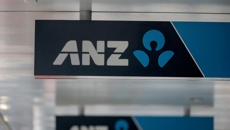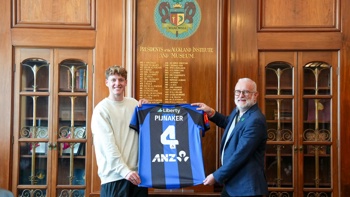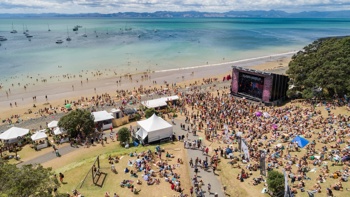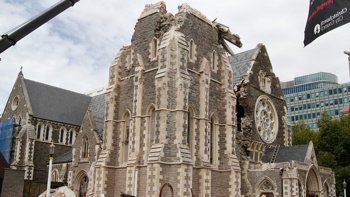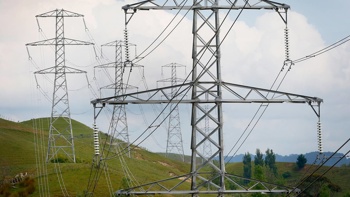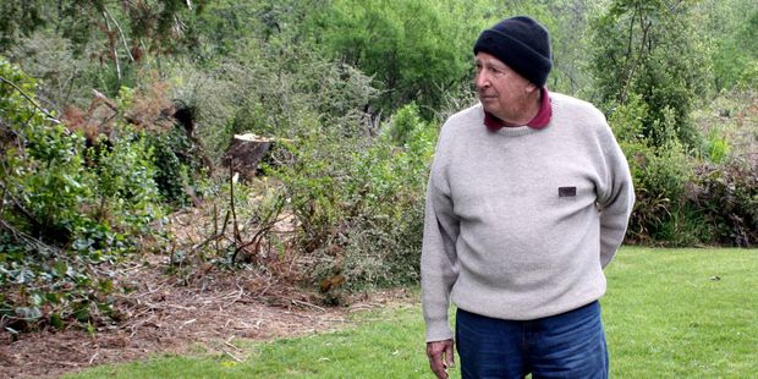
Turangi residents are calling for a judicial review over what they think are unfair and overly-high charges for the region to access the electricity grid.
A petition with more than 2,500 signatures was presented to the Commerce Commission last year - but it ruled monopoly distributor - The Lines Company - wasn't doing anything illegal.
But leader of a residents group embattled with The Lines Company, Sandra Greenslade, said bills are too high, and the methodology too confusing.
"I never use my oven during load controlling. That would put my bill up into the hundreds. Literally to the hundreds. If I use my oven at five or six o'clock at night Monday to Friday I would have a power bill of hundreds.
"I had a lady contact me yesterday and she said she has got a lines company bill of $300. I have found that most people's lines company account is more
than their electricity account."
Tourism operators in the Ruapehu district say electricity bills are driving them out of business.
Renewed calls are being made for a review of the peak demand charging methodology, used by monopoly lines company, The Lines Company.
Turangi Holiday Park owner Greg Hooper said it costs him $1500 dollars per month, just in the lines charge to access the grid - while the cost for the power he actually uses is a third of that.
He said it's impossible for him to lower his lines charge by shifting his peak use from the the early mornings and evenings, when demand is used to calculate the charge.
"When everybody starts cooking dinner, having showers, turning on heaters. So to shift our load, when our guests are coming back into our holiday park we need to be telling them that they can't be turning anything on for another five hours."
An electricity academic says we need to take a closer look at monopoly lines distributors.
Victoria University's Geoff Bertram said the Electricity Authority needs to review whether the methodology behind lines charging in the Ruapehu district is in the best interests of consumers.
"You've got unprotected consumers, a government that doesn't care, regulators who don't regulate and monopolists who do what monopolists do, so it's the perfect storm, if you like."
The power situation
• How does power pricing in Turangi work?
The Lines Company charges for the delivery of electricity - essentially customers' access to the grid. It uses peak demand charging - monthly bills are calculated based on an average found from the six highest two-hour windows of power usage during load control periods in a financial year.
• What is load controlling?
It is used by all lines companies to reduce electrical load on networks. Distributors like TLC send a signal through the power lines and items that are connected to ripple relays are switched off to reduce demand on the network.
• What is The Lines Company?
The company, set up in 1999, owns and operates the electricity distribution network in the King Country, serving about 24,000 customers in the towns of Turangi, Taumarunui and Ohakune. In 2005, it started billing separately from electricity, and in 2007 introduced peak demand charging.
Take your Radio, Podcasts and Music with you





